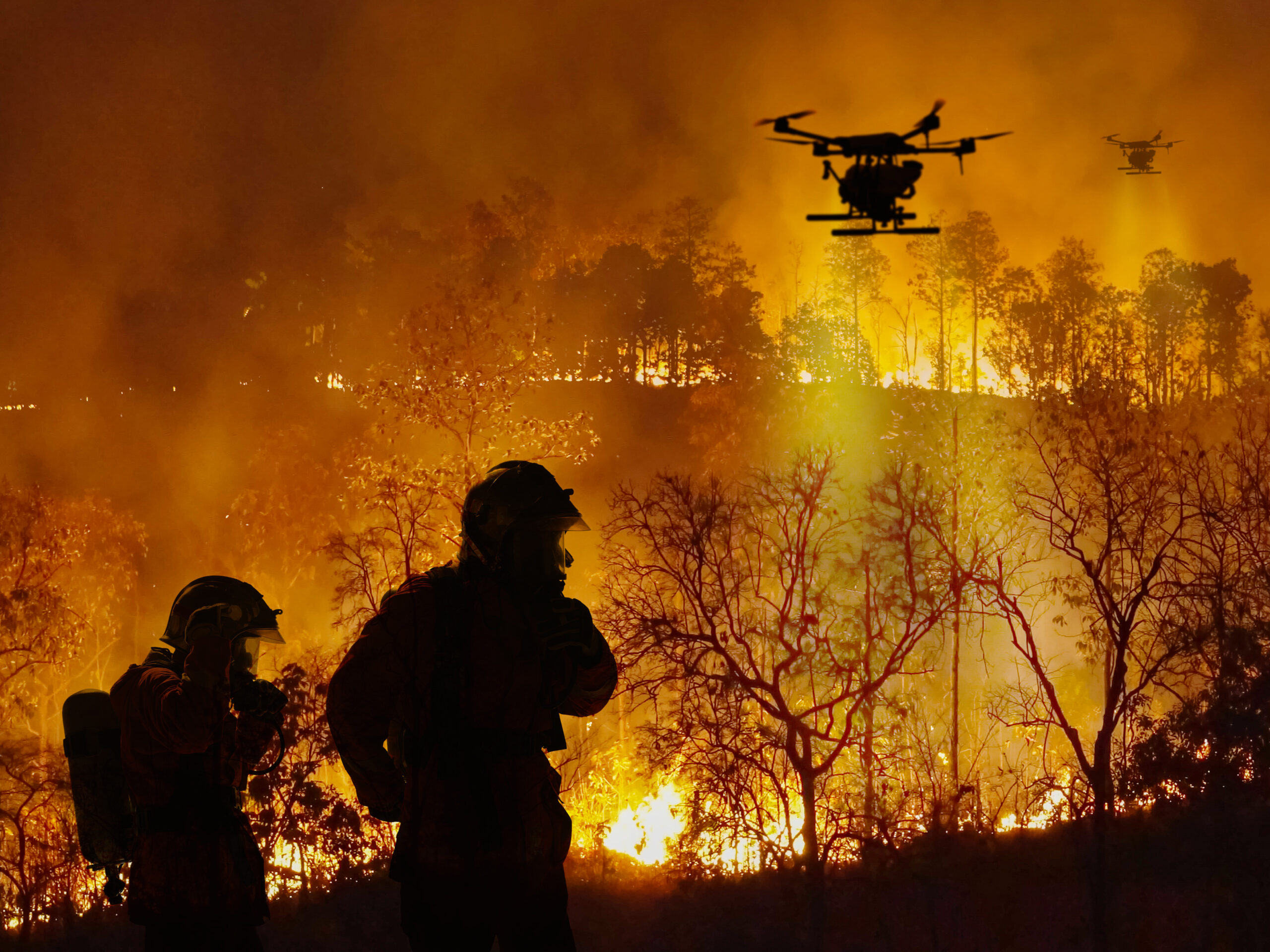Global Conflict, Extreme Weather Top 2025 Concerns in Global Risks Report

At the start of 2025, experts are concerned about escalating global challenges, including rising geopolitical tensions, climate crisis and misinformation, according to the World Economic Forum’s Global Risks Report 2025.
The report, which surveyed over 900 global leaders across business, government, academia and civil society worldwide, identified state-based armed conflict and extreme weather events as the top immediate risks, with environmental concerns and AI-related risks dominating the long-term outlook.
The 2025 survey examines risks through immediate (2025), short-term (2027), and long-term (2035) lenses. More than half of the respondents (52%) characterize the next two years as “unsettled” for the world, while 31% expect it to be “turbulent.” Perhaps most concerning, 5% predict a “stormy” outlook, with global catastrophic risks looming, by 2027.
“Rising geopolitical tensions, a fracturing of global trust and the climate crisis are straining the global system like never before,” said Mirek Dušek, managing director of the World Economic Forum. “In a world marked by deepening divides and cascading risks, global leaders have a choice: to foster collaboration and resilience, or face compounding instability. The stakes have never been higher.”
Top Risks for 2025
The survey highlights five key areas of concern for the immediate future. State-based armed conflict has emerged as the primary worry, with 23% of respondents identifying it as the most likely global crisis in 2025. This is followed by extreme weather events (14%), geo-economic confrontation (8%), misinformation and disinformation (7%), and societal polarization (6%).
The emergence of state-based armed conflict as the top concern marks a significant shift in global risk perceptions. This change reflects the escalating tensions and conflicts witnessed in recent years, including the ongoing situations in Ukraine, the Middle East, and Sudan.
“We seem to be living in one of the most divided times since the Cold War, and this is reflected in the results of the GRPS, which reveal a bleak outlook across all three time horizons – current, short-term and long-term,” the report’s authors stated.
Top Risks Through 2027
Beyond immediate concerns, the survey also identified the top risks that are expected to dominate the global agenda through 2027. Misinformation and disinformation continue to reign supreme, maintaining their position as the leading concern for the second consecutive year.
The persistence of misinformation and disinformation as the top risk for the second year running is a stark reminder of the pervasive nature of this threat, according to the report. False or misleading content continues to complicate the geopolitical environment, influencing voter intentions, sowing doubt about events in conflict zones and even being weaponized to tarnish the reputation of products or services from rival nations, the report stated.
Extreme weather events claim the No. 2 spot on the 2027 list, reflecting the growing urgency of climate-related challenges. The third position is now occupied by state-based armed conflict, a significant jump from its previous fifth-place ranking. This shift highlights the escalating tensions in various regions and the potential for further geopolitical instability.
Rounding out the top five are societal polarization and cyber espionage and warfare, both of which underscore the interconnected nature of social and technological challenges facing the global community.
Top Long-Term Risks
Looking ahead to 2035, the global risk landscape over the next 10 years is set to be dominated by environmental concerns, the report finds.
Extreme weather events, already a pressing issue, are expected to become the top concern over the next decade. This outlook is further compounded by four other critical environmental risks: biodiversity loss and ecosystem collapse, critical changes to Earth systems and natural resource shortages. Rounding out the top five long-term risks is the persistent threat of misinformation and disinformation.
While environmental risks dominate the top long-term risks, the technological realm is not without its challenges. Artificial Intelligence (AI), once considered a distant concern, is rapidly climbing the ranks of global risks. The survey indicates a dramatic shift in perception, with AI risks rising from 31st place in list of concerns in 2027 to 6th place in ranking of the longer term by 2035.
Despite the current optimism surrounding AI technologies and their widespread adoption, the report cautions that the fast-paced nature of AI development and its increasing ubiquity could lead to unforeseen consequences.
View the complete World Economic Forum Global Risks Report here. &










